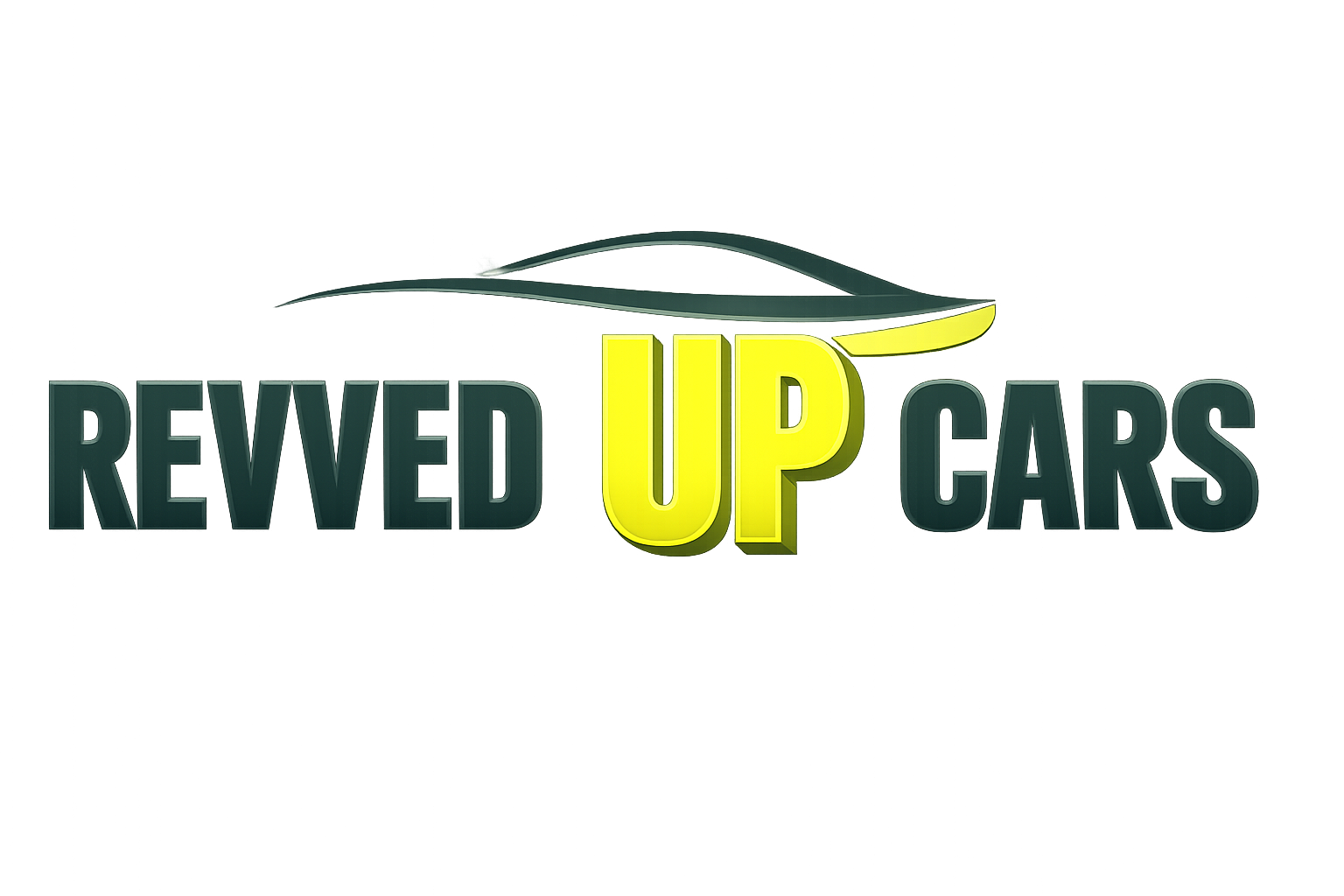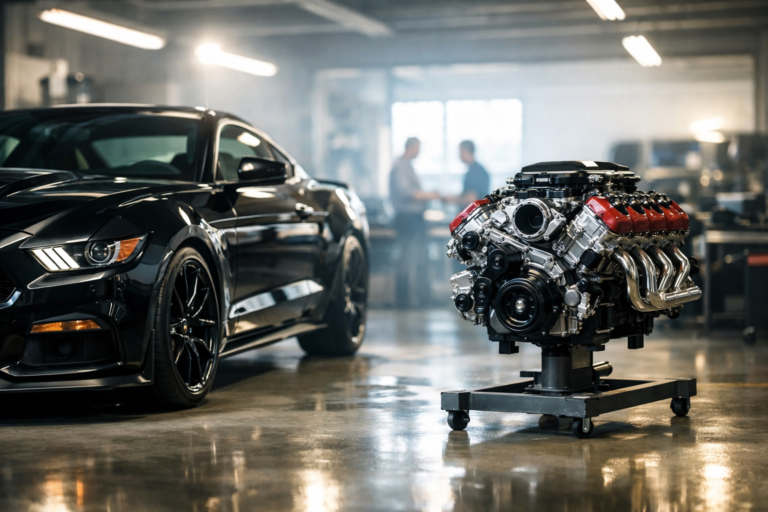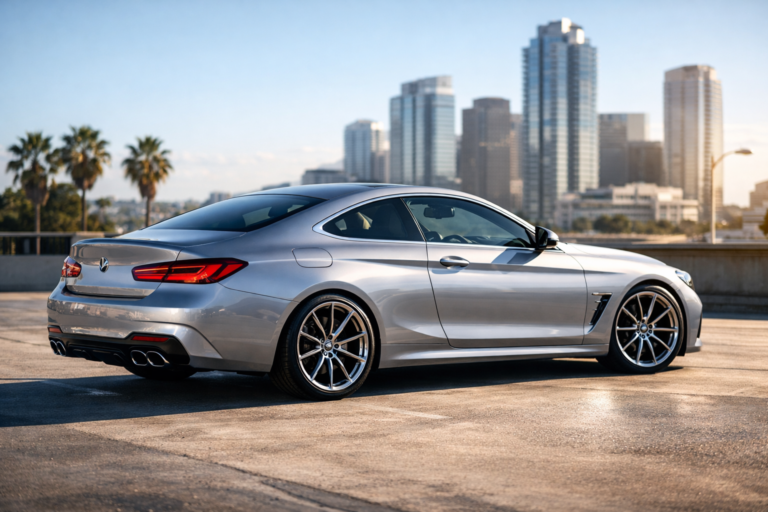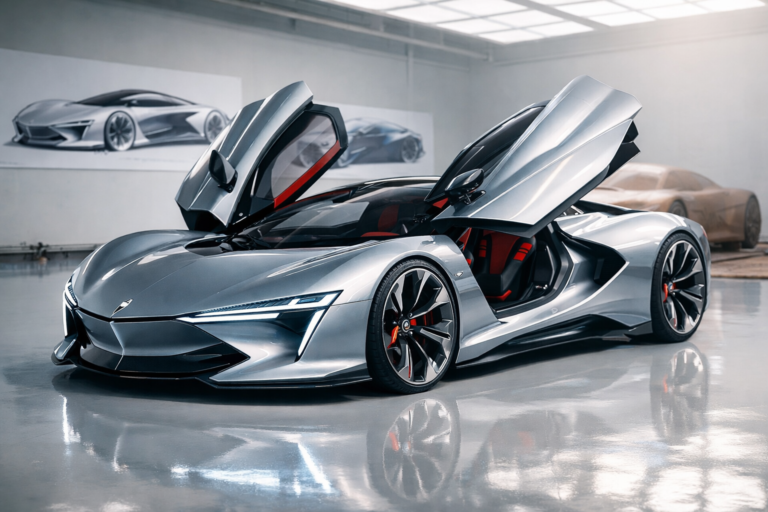Just when we thought it was safe to trust what comes out of the exhaust, the latest scandal whispers that automakers are up to their old tricks. Yes, like a bad sequel to a horror movie, ‘Dieselgate’ is back with a vengeance.
It’s a story we thought we’d put to bed, like a horror movie villain vanquished at last. But just when we thought it was safe to trust our dashboards and breathe near an exhaust pipe without questioning our life choices, along comes Dieselgate: The Sequel. And if you’re feeling déjà vu, well, you’re not alone. Yes, Big Auto is back with what seems to be another attempt at pulling the wool over our eyes. If the last Dieselgate was a thrilling tale of deception, this time it’s shaping up to be a real nail-biter. And guess who’s playing the role of the gullible bystander? You, me, and anyone with a set of keys.
A Quick Recap: The Original Dieselgate
For anyone who somehow missed the plot twist in the original Dieselgate saga, let’s recap. In 2015, Volkswagen was caught red-handed in one of the biggest corporate scandals of the modern era. Turns out, they’d installed what we now fondly refer to as a “defeat device” in millions of diesel cars worldwide. This nifty piece of software detected when the vehicle was undergoing emissions testing and magically reduced emissions to legal levels. Clever, right? Unfortunately, when you took your foot off the brake and actually drove the thing, the car pumped out nitrogen oxides at levels up to 40 times higher than the legal limit.
The fallout was immense. Fines, lawsuits, criminal charges—Volkswagen, the supposedly wholesome family brand, was exposed as a full-fledged rogue. And this scandal wasn’t just a fluke or a “bad apple” situation. Oh no, it was a wake-up call to the entire industry, a stark reminder that Big Auto would go to great lengths to protect profits, even if it meant skirting the very laws meant to keep our air clean. The world gasped, VW promised to change its ways, and we all went back to trusting that, surely, they’d learned their lesson. Right?
Dieselgate, The Sequel: They’re Baaack!
Fast forward to now, and whispers of emissions cheating are echoing once again. Except this time, it’s not just Volkswagen; it’s a whole cast of characters. Audi, BMW, Daimler, even some Fiat models—automakers across the board are allegedly cozying up to defeat devices like old friends at a reunion. You’d think, after the original Dieselgate fiasco, they’d know better. But instead, they’re acting like teenagers who got grounded, only to go back and do the same thing the moment no one’s watching.
The new allegations are that these manufacturers have continued to “optimize” their diesel engines with suspicious software tweaks. Some vehicles have been found with engines that emit significantly lower levels of pollutants during testing than they do in real-world driving. Sound familiar? It’s essentially Dieselgate on repeat, only this time with more brands in the mix, making it a kind of ensemble cast betrayal.
And it’s not just nitrous oxides we’re talking about. These engines are said to emit particulates, sulfur dioxide, and other pollutants at rates far higher than what consumers were led to believe. So, while we were out here believing the Dieselgate debacle had purged the industry of its bad habits, it turns out Big Auto was simply refining its act.
Lessons Learned? Not Exactly
Now, at this point, you’d think car manufacturers would have learned a thing or two from the original Dieselgate. You’d think they’d be wary of poking that particular bear again. After all, the penalties were eye-watering. Volkswagen alone ended up paying more than $30 billion in fines and settlements. And if there’s one thing Big Auto doesn’t love, it’s parting with cash.
But here’s the catch: for every lesson we think they’ve learned, there’s a corner they’re willing to cut, especially when the alternative is more expensive or inconvenient. The reality is, changing engines to meet ever-stricter environmental standards costs money—lots of it. Fudging the numbers? Not so much. And as long as consumers continue to buy into the image of the “eco-friendly diesel,” there’s every incentive for automakers to keep up the charade.
The (Lack of) Transparency Problem
Of course, none of this could happen without a bit of smoke and mirrors. Big Auto has mastered the art of “transparency”—in the same way that a magician is “transparent” about how he pulls a rabbit out of a hat. They throw around terms like “clean diesel,” “emissions optimized,” and “green technology” as if they’re selling you the environmental equivalent of a salad at a fast-food joint. The problem is that, when you peel back the jargon, these claims often don’t hold up.
Take a closer look, and you’ll see automakers have a habit of bending the truth. They love to tout lab-tested emissions numbers and put little asterisks in fine print that practically disappear when your car hits real roads. They know that most of us don’t have the time, resources, or scientific know-how to question what’s under the hood. So they keep feeding us promises, and we keep buying the cars. It’s like a giant game of automotive whack-a-mole: every time regulators think they’ve stamped out cheating, another manufacturer pops up with a new trick.
And here’s the most concerning part: with every scandal that fades from the public consciousness, automakers seem to grow bolder. Why? Because they know that, at the end of the day, the public has a remarkably short memory. Dieselgate was a sensation when it broke, but today? A lot of people don’t even remember it happened, let alone feel cautious about their next diesel purchase.
Is It Really Just One Bad Apple?
The industry would love you to believe that Dieselgate, and now its sequel, are just isolated incidents—some rogue engineers going off-script or a “unique” corporate blunder. But the reality is, it’s starting to look like more of a systemic issue, a pattern that reveals a very calculated willingness to cut corners when it’s profitable.
It’s not just one bad apple; it’s the whole bushel. After all, if Dieselgate were just about VW’s missteps, why are we now seeing emissions discrepancies across multiple brands and models? Why does it seem that the same dirty tactics keep cropping up, year after year, country after country? Maybe, just maybe, the auto industry as a whole isn’t quite as squeaky clean as they’d like us to believe.
The Cost of Looking the Other Way
The real kicker is that this isn’t just a theoretical debate about corporate ethics. There’s a genuine cost to these deceptions, and it’s borne by all of us. Pollution from diesel engines has been linked to respiratory illnesses, environmental degradation, and increased health costs. And yet, while governments are scrambling to meet emissions targets, Big Auto seems more focused on gaming the system than actually reducing emissions.
When carmakers cheat, they’re not just tricking regulators—they’re endangering public health and undermining global environmental efforts. All so they can boost quarterly profits and shave a few bucks off production costs. And who ends up paying for it in the end? You, me, and everyone who breathes.
How Long Will We Put Up With This?
Which brings us to the million-dollar question: how long are we, the consumers, going to tolerate this nonsense? How many more Dieselgates will it take before we start demanding real accountability? After all, we’re the ones footing the bill, buying into the lies, and coughing up extra cash for “clean” technology that isn’t all that clean.
Maybe it’s time to start holding Big Auto’s feet to the fire. It’s clear they’re not going to change voluntarily, so maybe it’s up to us to make it happen. We can push for stricter regulations, real-world emissions testing, and penalties that actually hurt. And maybe, just maybe, we’ll finally see an end to this cycle of deception.
The Bottom Line
Dieselgate: Round Two serves as a painful reminder that, for all their promises of transparency and accountability, carmakers still have a lot to hide. They’ll tell us they’ve cleaned up their act, but if history has taught us anything, it’s to be skeptical when Big Auto swears they’re on the level. At this rate, we can probably expect a Dieselgate: Part Three in a few years—unless we decide to change the script.
Until then, drive safe, breathe cautiously, and remember: just because a car company claims it’s green, doesn’t mean it’s clean.





